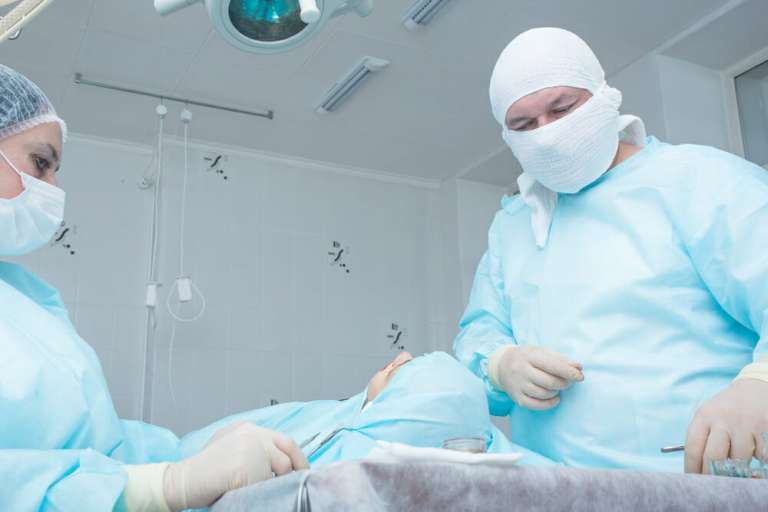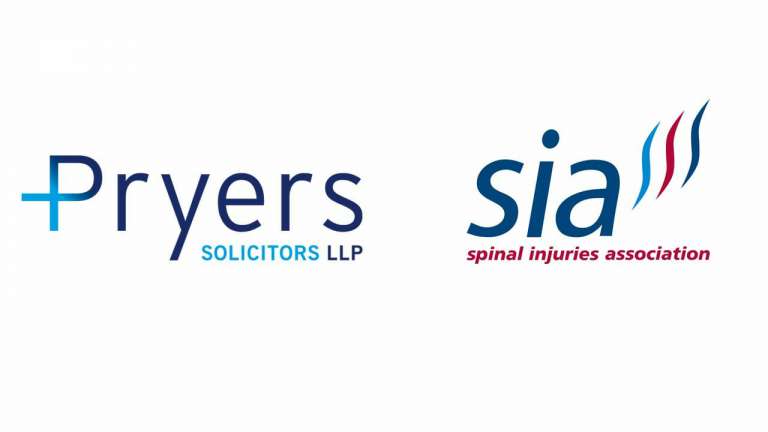A team of experts have asked 21 Hospital Trusts to review why their rates of stillbirths are higher than other Trusts across the country.
A team led by the University of Leicester found that out of 162 Trusts and boards, 21 have a red flag from investigators telling them to hold a review of their services, and 52 have an orange flag, asking them to consider a review.
The data was collected by MBRRACE-UK (Mothers and Babies: Reducing Risk Through Audits and Confidential Enquires Across the UK) as part of its report in June, which showed that the UK has higher rates of stillbirths and neonatal deaths in the developed world.
The report showed that British women living in the poorest areas of the country were 50% more likely to have pregnancies that end in stillbirth or neonatal death.
MBRRACE-UK have advised that Trusts and boards should review the maternity care in their hospitals to find out if mistakes were being made, or if there were other reasons for a higher death rate.
“This report gives us a snapshot of baby deaths across the country and what it tells us is that there is huge variation, even when you compare like-for-like units,” said Charlotte Bevan, the senior research and prevention adviser at Sands, the stillbirth and neonatal death charity.
This is the first time that issues in childbirth have been highlighted at Trust level and comes after an NHS survey revealed that one in seven women are left alone and worried during early labour, and only 50% get the support they need after labour
The survey, which was carried out by the Care Quality Commission (CQC), found that confidence and trust in midwives during labour has risen from 78% to 80% since 2013.
Prof Sir Mike Richards, the CQC’s chief inspector of hospitals, told the Guardian: “Every single woman deserves to be treated with dignity and personalised care when having a baby, and so I am glad that the findings suggest women are experiencing better care and treatment during pregnancy and birth.”
Last year the NHS paid out more than £1billion to families who suffered medical negligence during child birth, which led to their babies dying or suffering serious brain injuries.
This is the largest amount set aside for medical negligence in any NHS department, and has doubled in a decade.
Health Secretary, Jeremy Hunt, has pledged to tackle the issues with maternity safety after it was revealed that Britain was ranked 33rd out of 35 in the international leagues for still-births, by the Lancet.
At Pryers we have helped achieve many high value claims on behalf of children injured at or around birth.





